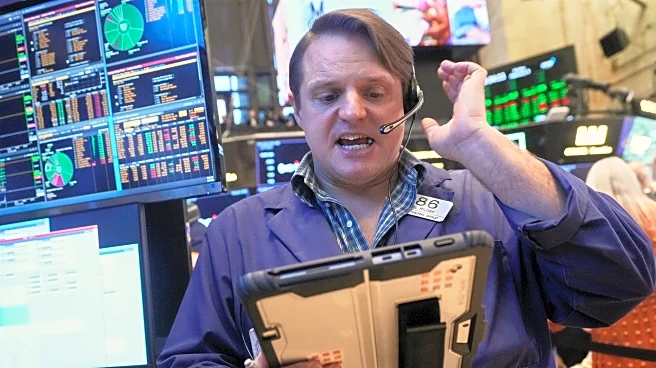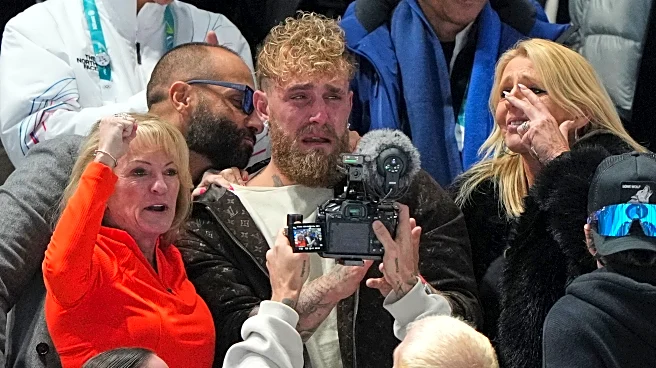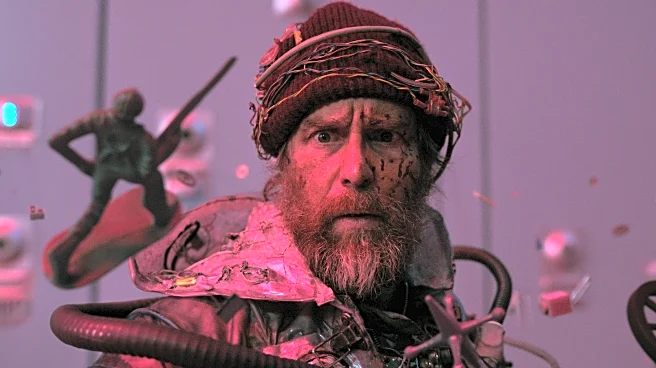What's Happening?
The ceasefire in Gaza is under threat after Israel launched strikes in response to alleged attacks by Hamas on Israeli troops in Rafah. The Israeli military reported that two soldiers were killed, while
Hamas denied involvement. Both sides accuse each other of violating the U.S.-brokered ceasefire. U.S. Special Envoy Steve Witkoff and Jared Kushner are arriving in Israel to address the situation and facilitate the return of Israeli hostage bodies, a key part of the ceasefire agreement.
Why It's Important?
The ceasefire is crucial for stabilizing the region and preventing further humanitarian crises. The recent escalation risks undermining peace efforts and could lead to renewed conflict. The involvement of U.S. officials highlights the international stakes in maintaining the ceasefire. The situation affects humanitarian aid delivery, with potential consequences for Gaza's civilian population.
What's Next?
U.S. officials are working to de-escalate tensions and ensure the ceasefire holds. Their focus will be on facilitating the return of hostage bodies and addressing humanitarian needs. The situation remains precarious, with potential for further military action if violations continue. The international community is closely monitoring developments, urging both sides to adhere to the agreement.
Beyond the Headlines
The ceasefire's fragility highlights the complex political and humanitarian dynamics in the region. The ethical implications of military actions and civilian casualties continue to challenge peace efforts. The situation underscores the need for sustained diplomatic engagement to achieve lasting peace.











